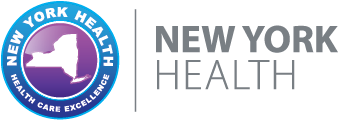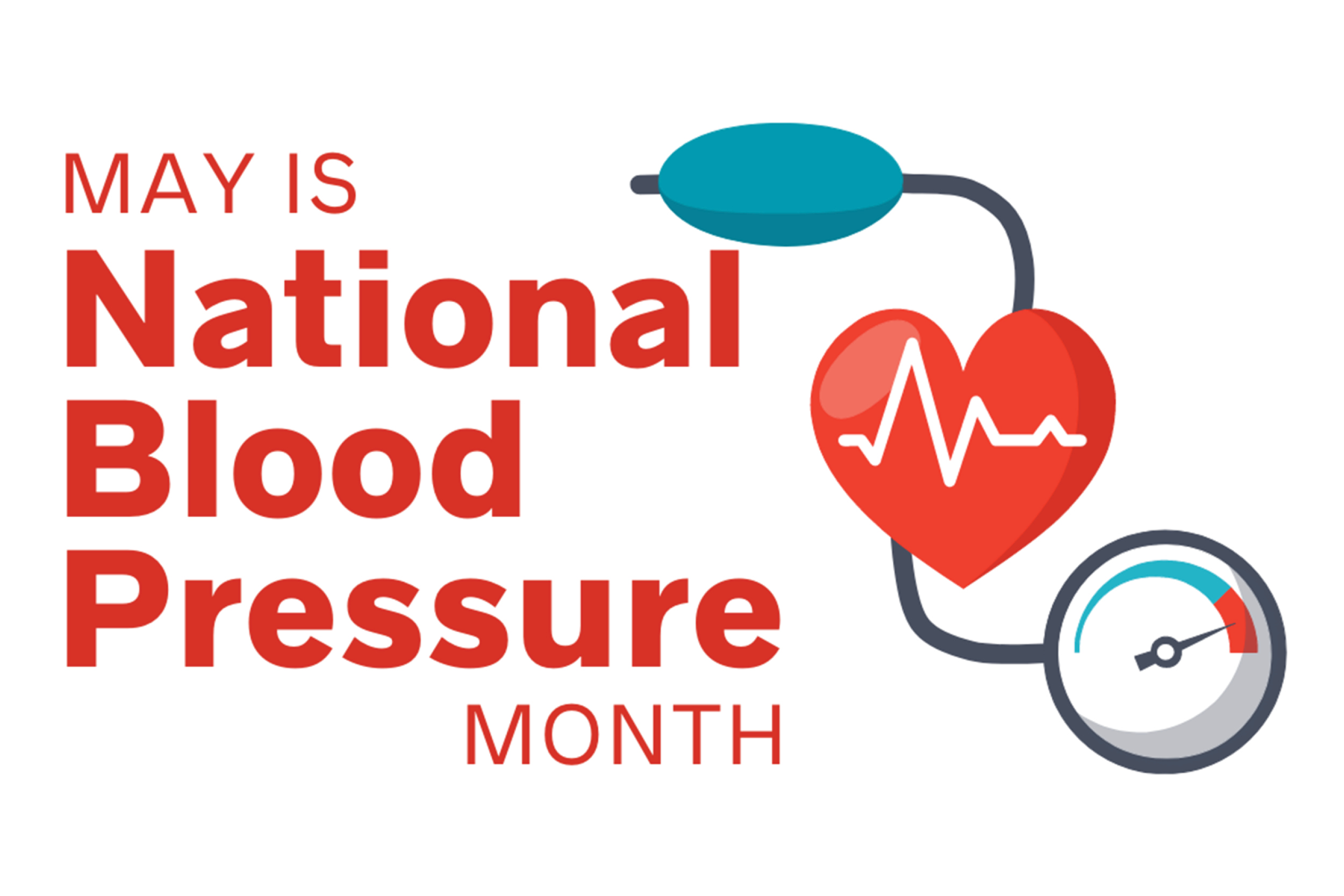National Blood Pressure Month: Everyday Things to Lower Your Blood Pressure
Blood pressure is the pressure of blood pushing against the walls of your arteries. It’s normal for your blood pressure to go up and down throughout each day. Blood pressure can be affected by many things, including time of day, exercise, the foods you eat, stress, and other factors. The problems come if your blood pressure stays high for too long. High blood pressure can make your heart work too hard. In turn, this can damage your blood vessels, making them weak, stiff, or narrower. Keeping your blood pressure low can be as simple as making a few small changes.
-
Exercise regularly:
-
Physical activity helps to lower blood pressure and also strengthens your heart. Aim for at least 150 minutes of moderate-intensity exercise per week.
-
Maintain a healthy weight:
-
Being overweight or obese increases your risk of high blood pressure. Losing weight through diet and exercise can help reduce your blood pressure.
-
Reduce sodium intake:
-
Consuming too much sodium can raise blood pressure. Limit your daily sodium intake to less than 2,300 mg, and even less if you have high blood pressure.
-
Eat a healthy diet:
-
Eating a diet rich in fruits, vegetables, whole grains, and lean protein can help lower blood pressure.
-
Limit alcohol consumption:
-
Drinking too much alcohol can raise blood pressure. Men should limit their alcohol consumption to two drinks per day, while women should limit themselves to one drink per day.
-
Manage stress:
-
Chronic stress can contribute to high blood pressure. Find ways to manage stress, such as through meditation, yoga, or deep breathing exercises.
-
Quit smoking:
-
Smoking can raise blood pressure and increase the risk of heart disease. Quitting smoking can help lower blood pressure and improve overall health.
-
Monitor your blood pressure:
-
Regularly monitoring your blood pressure can help you identify any changes and take steps to manage it.
-
Get enough sleep:
-
Poor sleep habits can lead to high blood pressure. Aim for at least seven to eight hours of sleep per night.
-
Take prescribed medications:
-
If your doctor has prescribed medication to manage your blood pressure, make sure to take it as directed.
Lowering your blood pressure at home can be as easy as adding a 30-minute walk to your daily routine. Make your blood pressure a priority, and speak with your doctor about keeping your body as healthy as possible.

